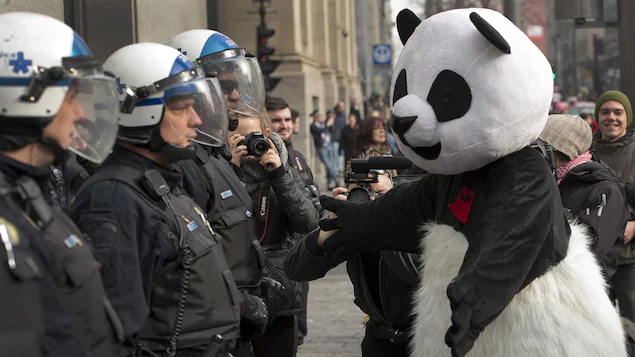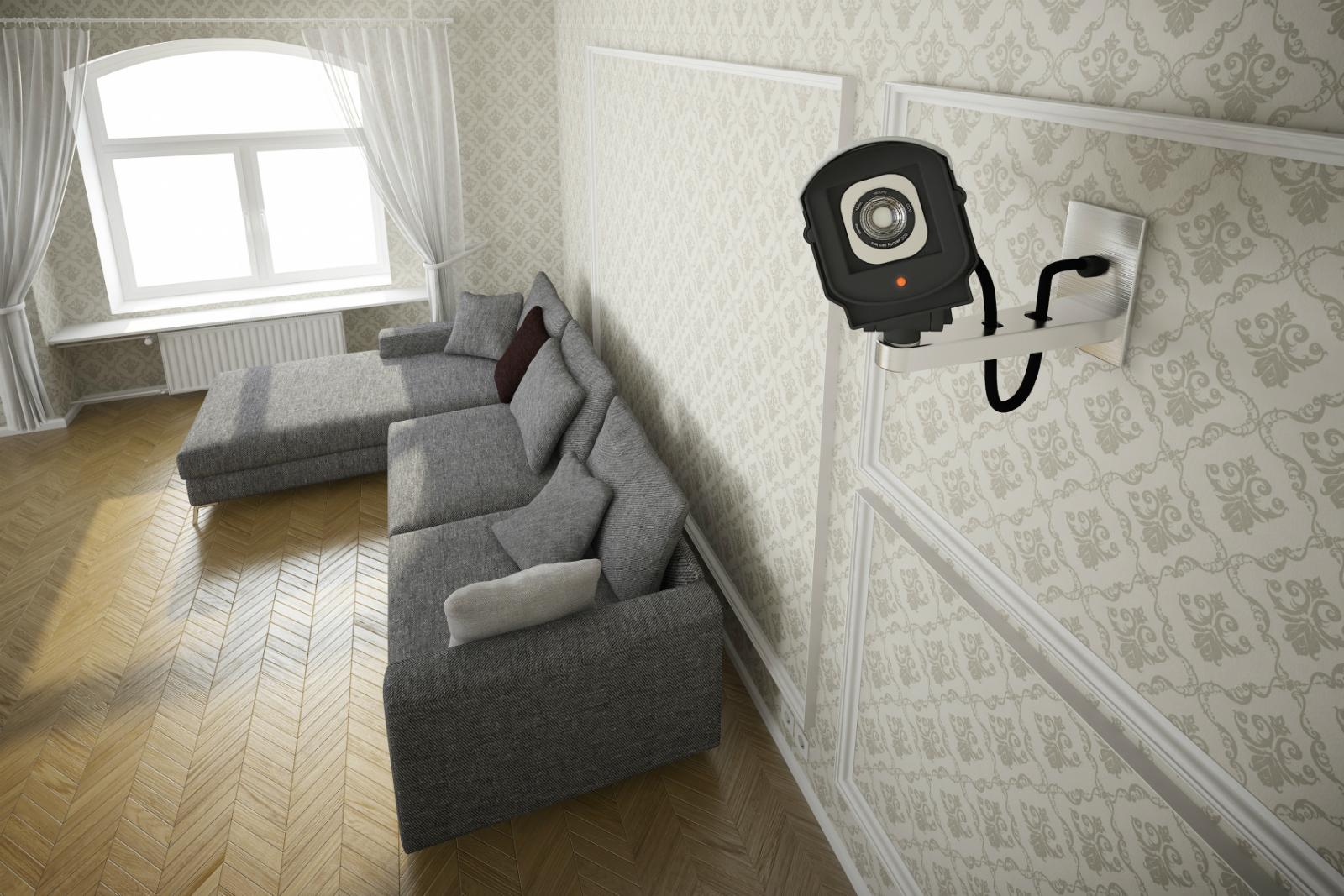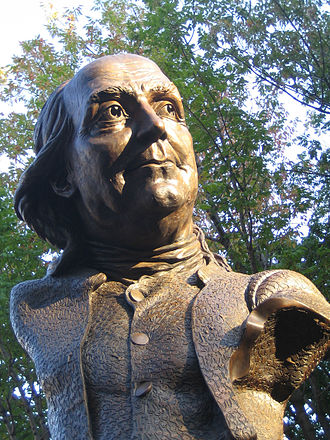5 minutes
The Road to Hell Is Paved with Good Intentions
The context
National police wants to track your cell phone for public health reason. [source]
“It could be the case if we get a request from Public Health Ministry to trace an individual quickly because he could constitute a danger to public health.”
- Renée-Anne St-Amant, spokesperson, SPVG (Police Department of Gatineau)
“This technology is not yet used, the Sûreté du Québec (SQ) presently assesses the possibilities of doing so. […] if the SQ were to go ahead, it will have to be a last resort remedy, recommended by public health and there is no question of using this technology on a large scale.”
- Office of the Deputy Prime Minister and Minister of Public Security
“We did not use this method for the moment and on a short-term horizon, we do not intend to use it.”
- François Legaut, Québec Prime Minister
Why it’s bad for democracy
“It could be the case if we get a request from some official entity to trace an individual quickly because he could constitute a danger to public health/security/some other good reason
- Some policeman in the future
The problem is the official entity is subject to change over time and the reason as well. That is for sure. The world is not static.
What if the crisis is over but there are demonstrations in the city against the government because somehow a lot of people lost their job and are now hungry? It is not far-fetched to imagine that those measures will extend to track all those bad angry citizens. They are threatening the public security. They should not demonstrate and ask for change. Let’s track them all.
We don’t even have to go that far. What about the student demonstrations during the “Printemps érable”? What about the demonstrations against police violence? What about any demonstrations against the power in place?

Anarchopanda, Montreal - Source
The broader context
I believe the hidden question is:
Do we trust people or do we trust authority?
In the present coronavirus scenario, guidelines were provided to the population such as social distancing and containment. Either we trust people to respect the rules voluntarily (like we presently do) or we rely on authoritarian tools to enforce those rules.
The appeal to authority is strong and beautiful. It is reassuring to know that someone is in charge and takes the decisions. On the other hand, believing in people is scary. How can we trust them without knowing them? Will they comply? Will the sick stay home?
If the authority was perfectly benevolent and omniscient, the first option would make sense. But reality is different. When the authority says “do not wear mask” then three weeks later “do wear masks”, what do you do?
People in charge are humans just like us. They are not perfect just like us. We have the right and should ask those questions:
- who decides what are the rules?
- where does their expertise come from?
- what if they’re wrong? do we blindly follow them?
- what is the limit to the enforcement of the rules?
- what is the trigger that will let us to know we have to change plan?
A plan without an exit trigger is not a plan. It’s a never ending slope.
What is the next step? Suggest people to download an app to share their localisation data? If that’s the case, why do you not download it? Do you have something to hide? Wouldn’t it be better if that app could listen to you as well? Oh and what about those nice cameras we could install in your home? You know, just to make sure you do not leave.
We have to ask what is the stop trigger?

Don't worry, it's for public health reason - Source
Authoritarian regime versus democratic regime
When we rely on authority we are basically saying: “here’s a population of x people, now let’s take some of them and let’s put them in charge”. For some reason, we believe they will use their power to the benefit of everyone forever. Rest assured that power taken is not given back. See France.
“France has become so addicted to the state of emergency that it is now injecting several of these abusive measures into ordinary law […]”
- Human Rights Watch said before parliament backed the legislation last month
Relying on the expertise of the few is in direct opposition to democracy which litterally stands for rule by [the] people. Believing in democracy implies believing in people. Even if they make mistakes and even if those mistakes are costly.
Rules that are not deeply agreed with can not remain in place forever. We want to educate everyone, we want to raise awareness, we don’t want to impose rules by force.
However, I am realistic. I believe in democracy and I believe in people. I know that the appeal to authority is strong. If democracy chooses authority and commits suicide, so be it. This will not prevent me to raise my voice and say:
Do not go this way
Run away from the sirens of authority
Do not give up freedom for security
What will be lost cost thousands of lives
It will take thousands of lives to be taken back
History taught us that appeal to authority in times of uncertainty lead to fascism.
First they came for the socialists, and I did not speak out— Because I was not a socialist.
Then they came for the trade unionists, and I did not speak out— Because I was not a trade unionist.
Then they came for the Jews, and I did not speak out— Because I was not a Jew.
Then they came for me—and there was no one left to speak for me.
- German Lutheran pastor Martin Niemöller (1892–1984)*
Let’s avoid that.

Benjamin Franklin - Source
Those who would give up essential Liberty, to purchase a little temporary Safety, deserve neither Liberty nor Safety.
Thank you for reading.
Oh and by the way, the SPVM (Montreal Police Department) bought more than a thousand bulletproof vests which makes perfect sense since we all know how heavily armed and dangerous the people in Montreal are. [source]

"We have to prepare for every scenario. We don't how long the crisis will last." - Source
1048 Words
Apr 5, 2020